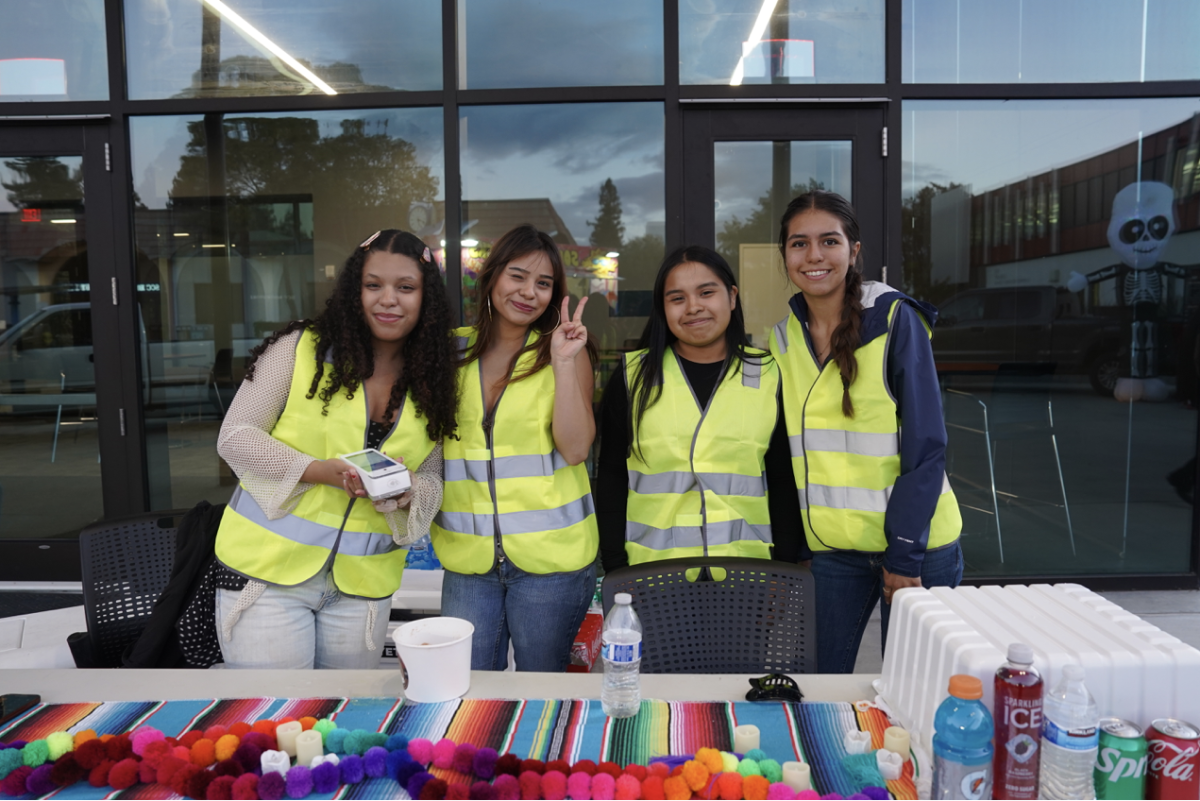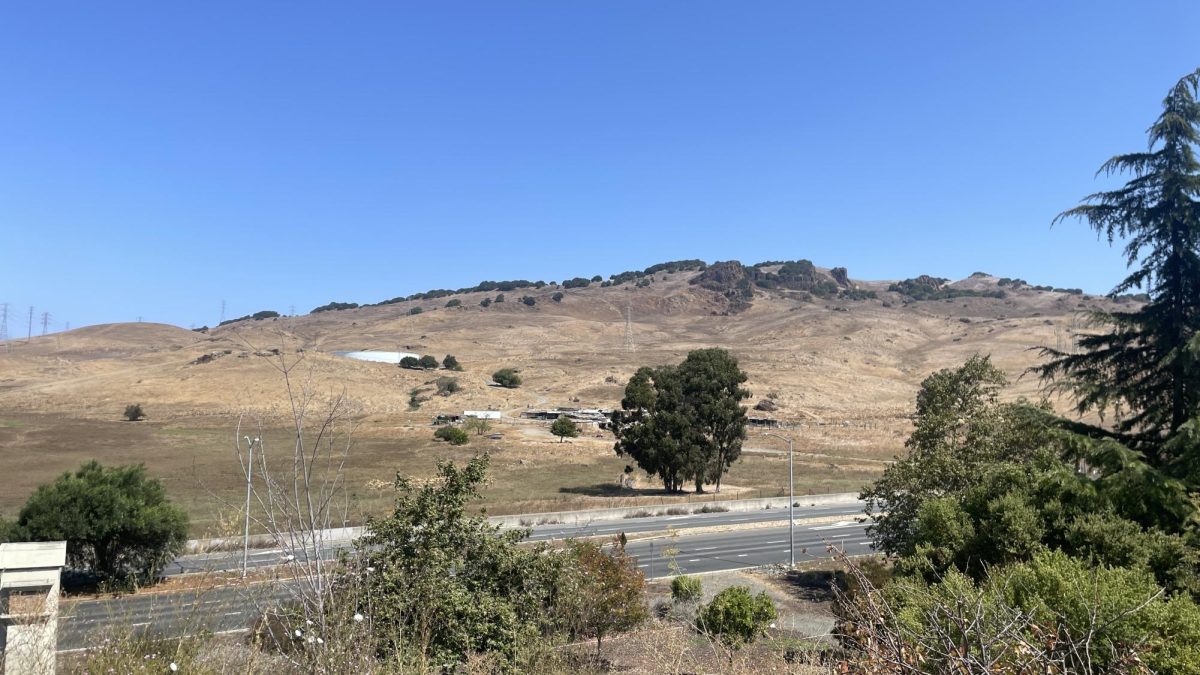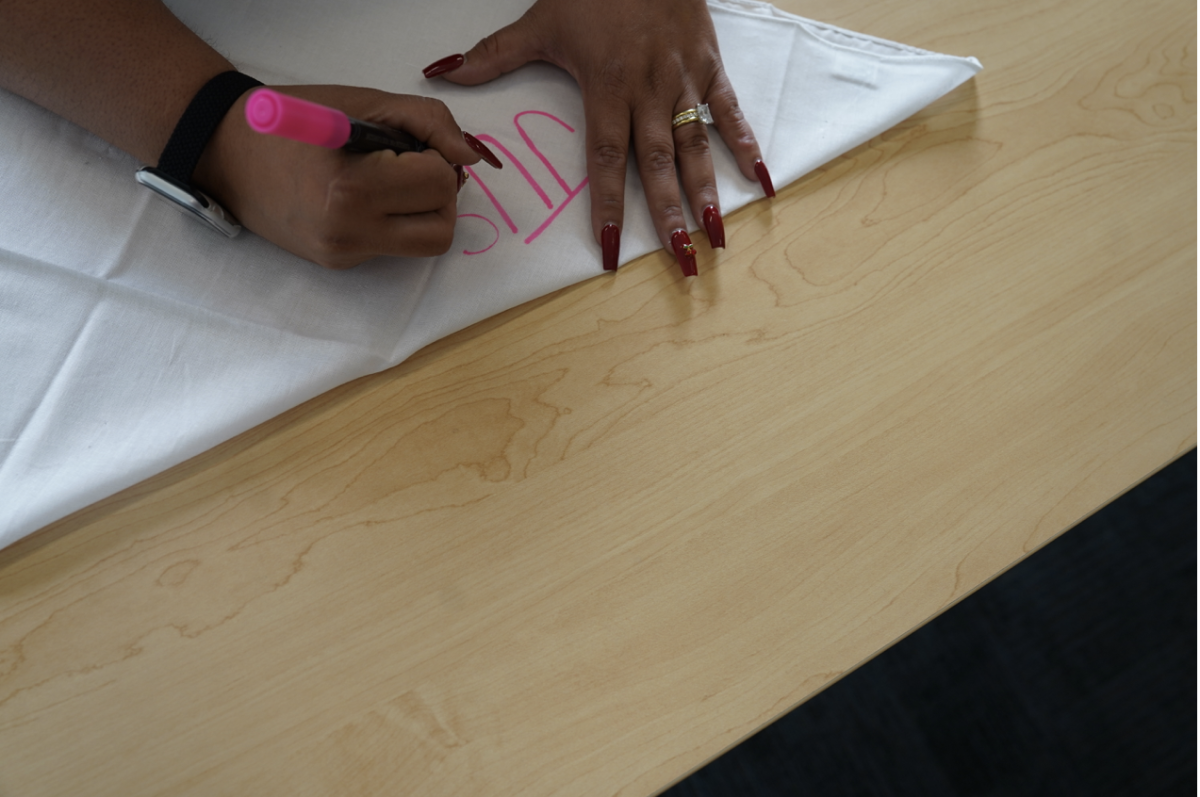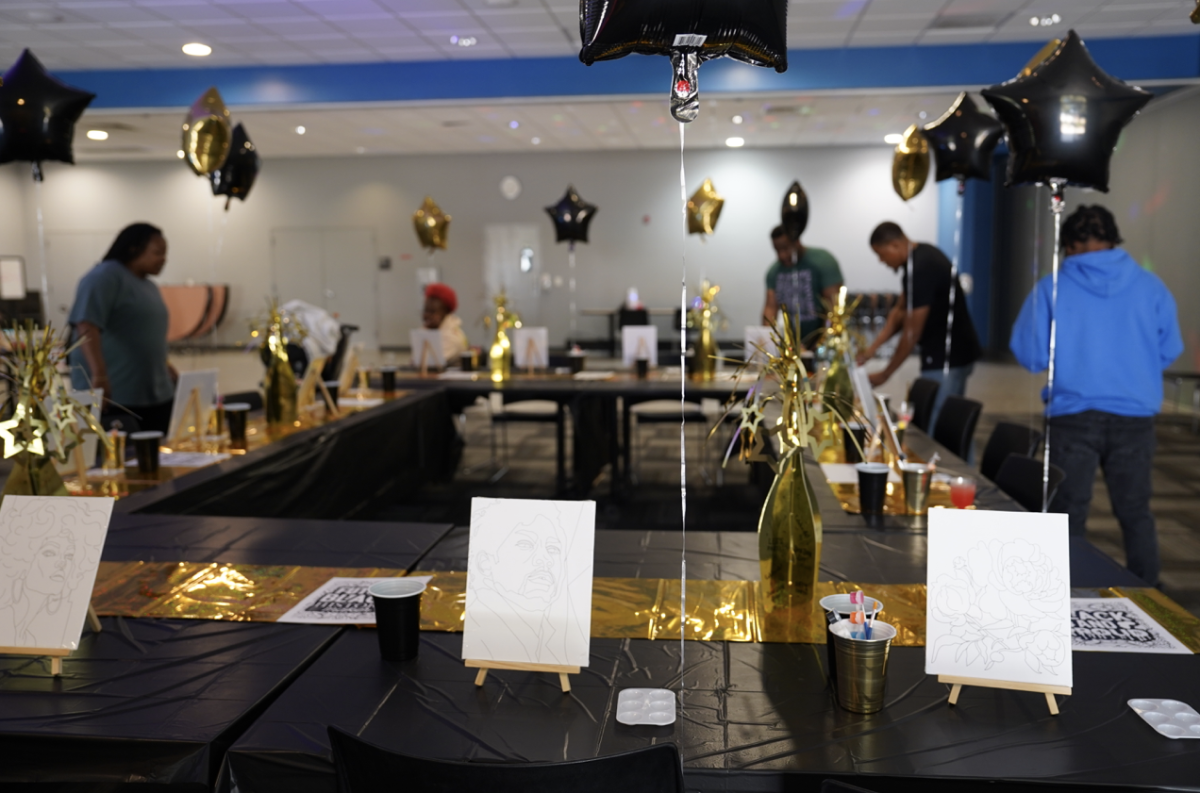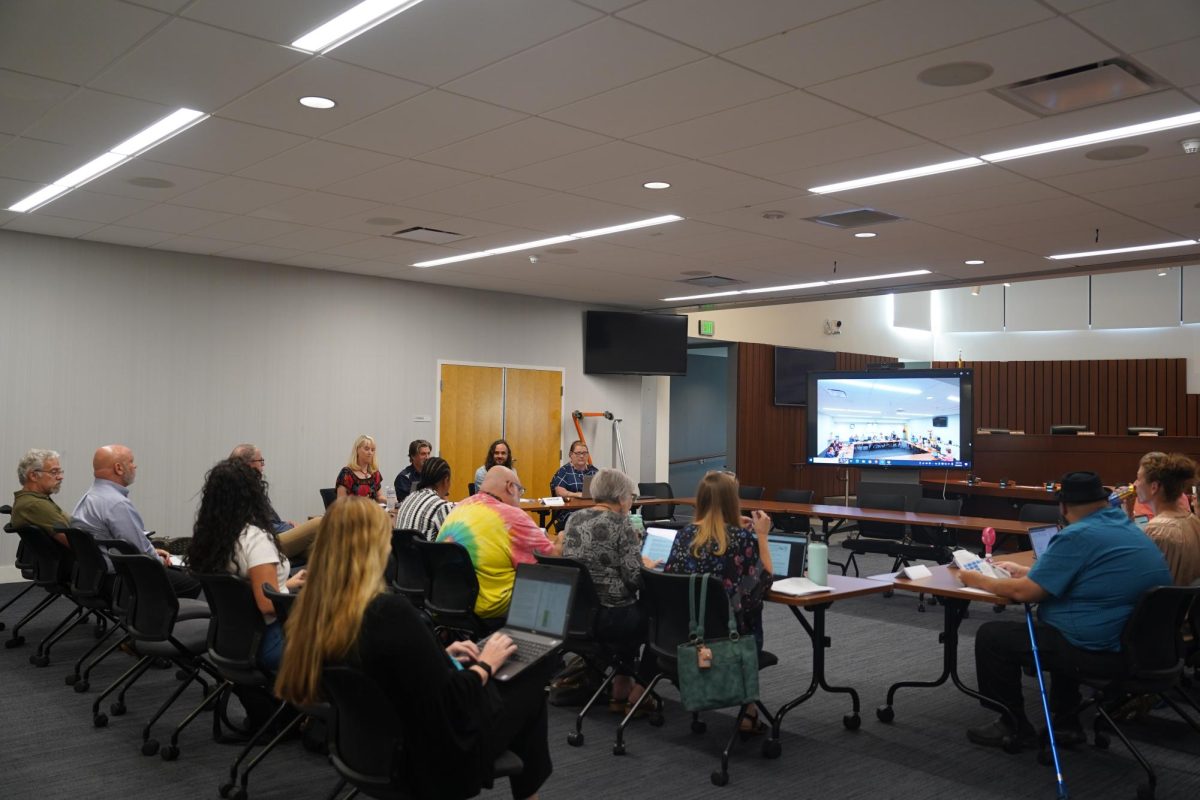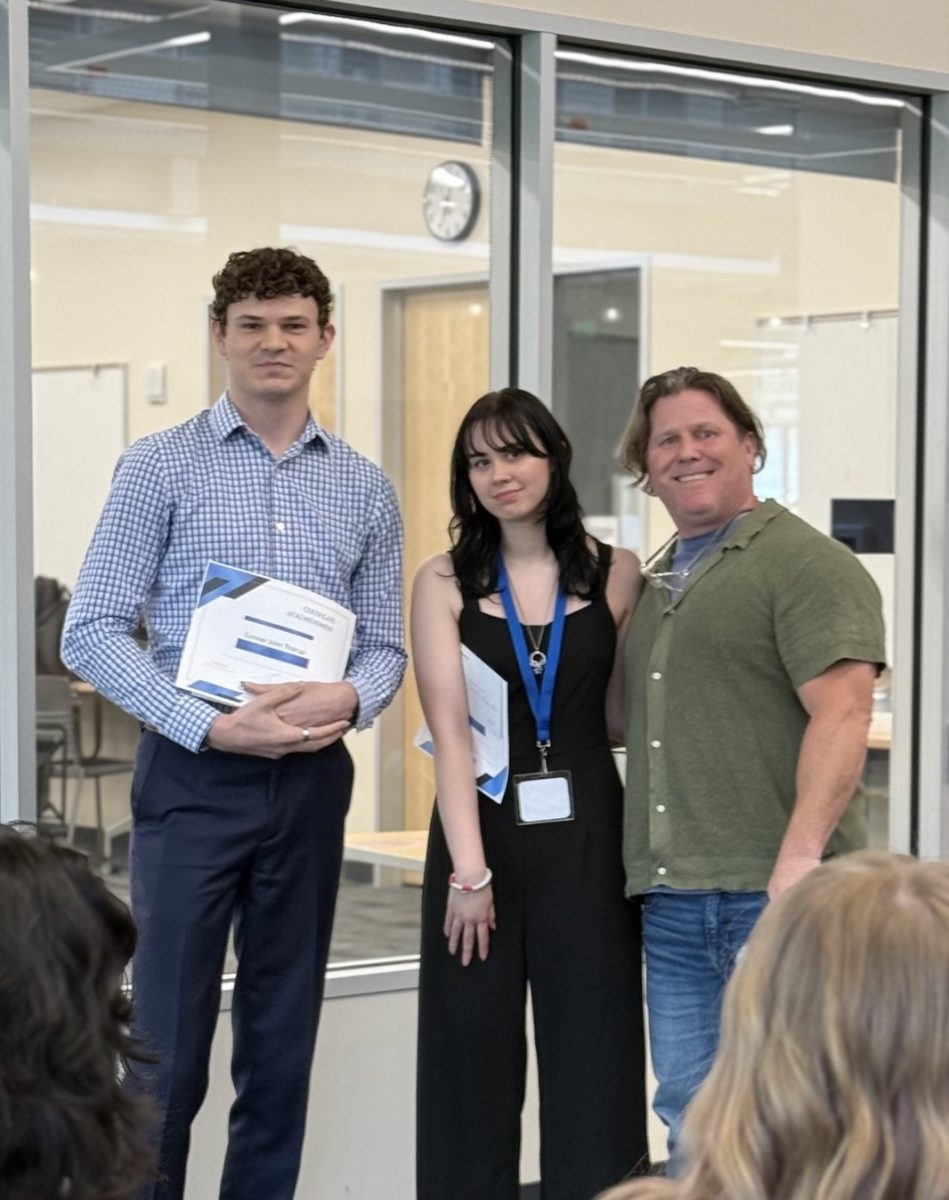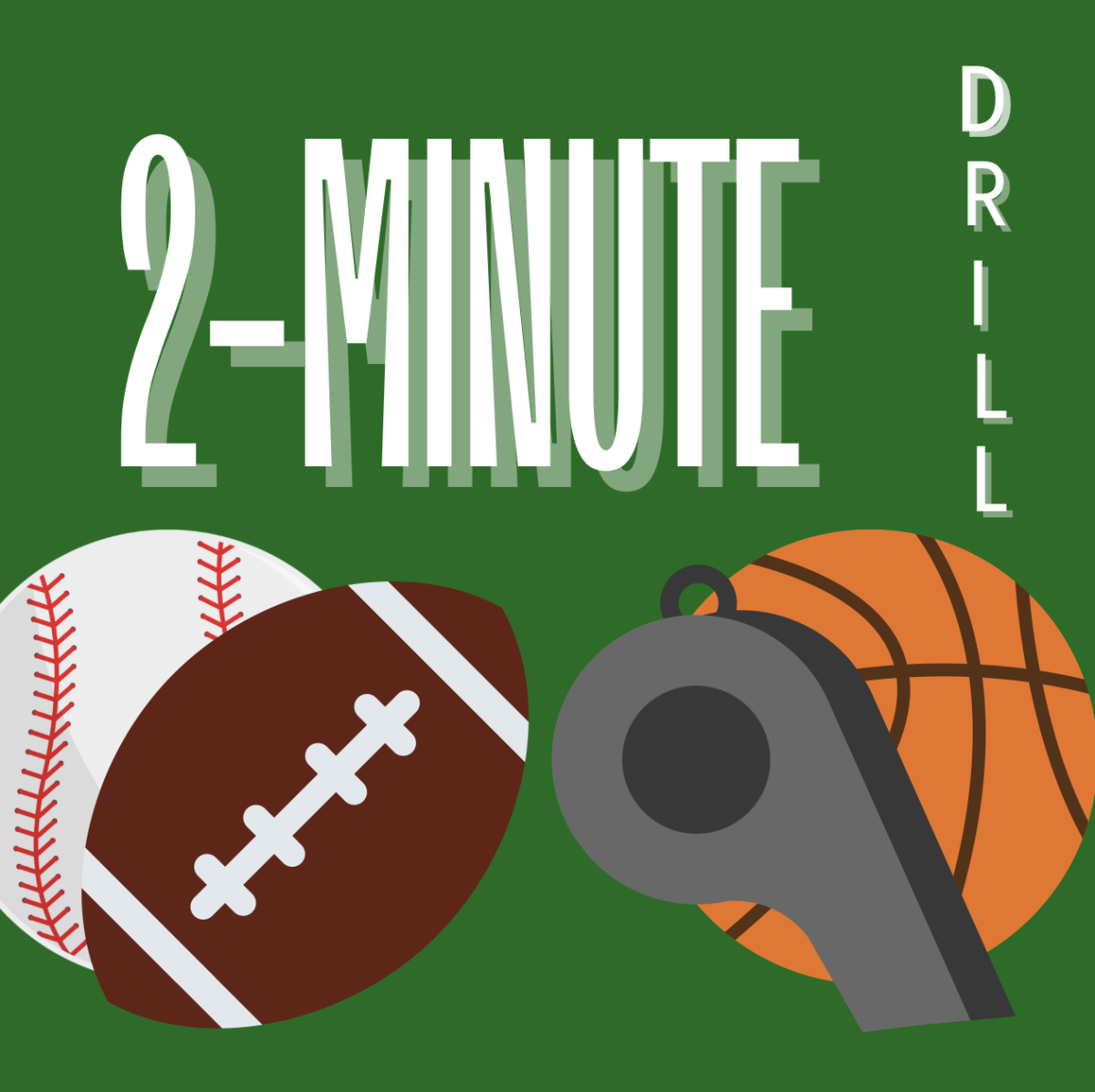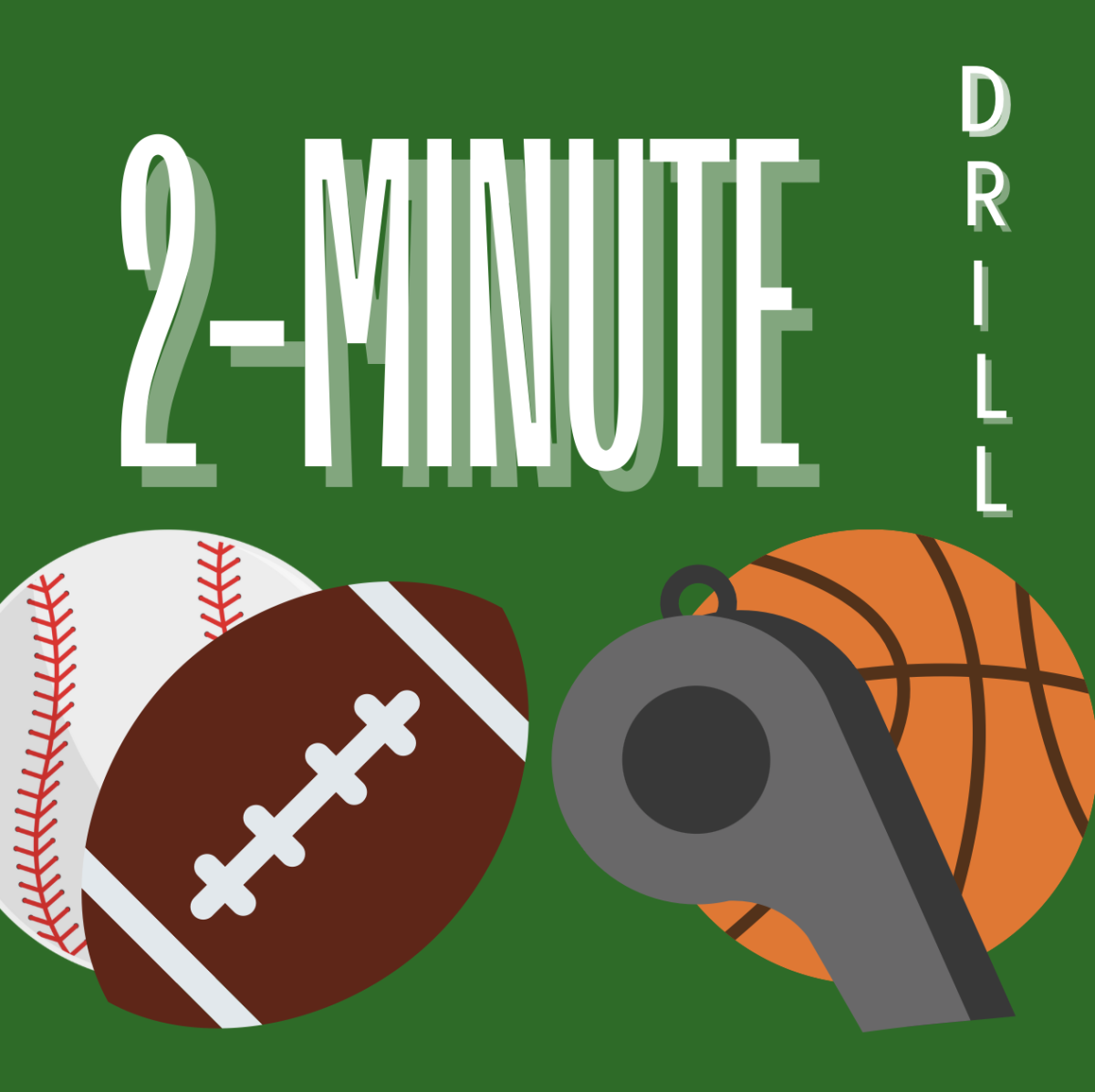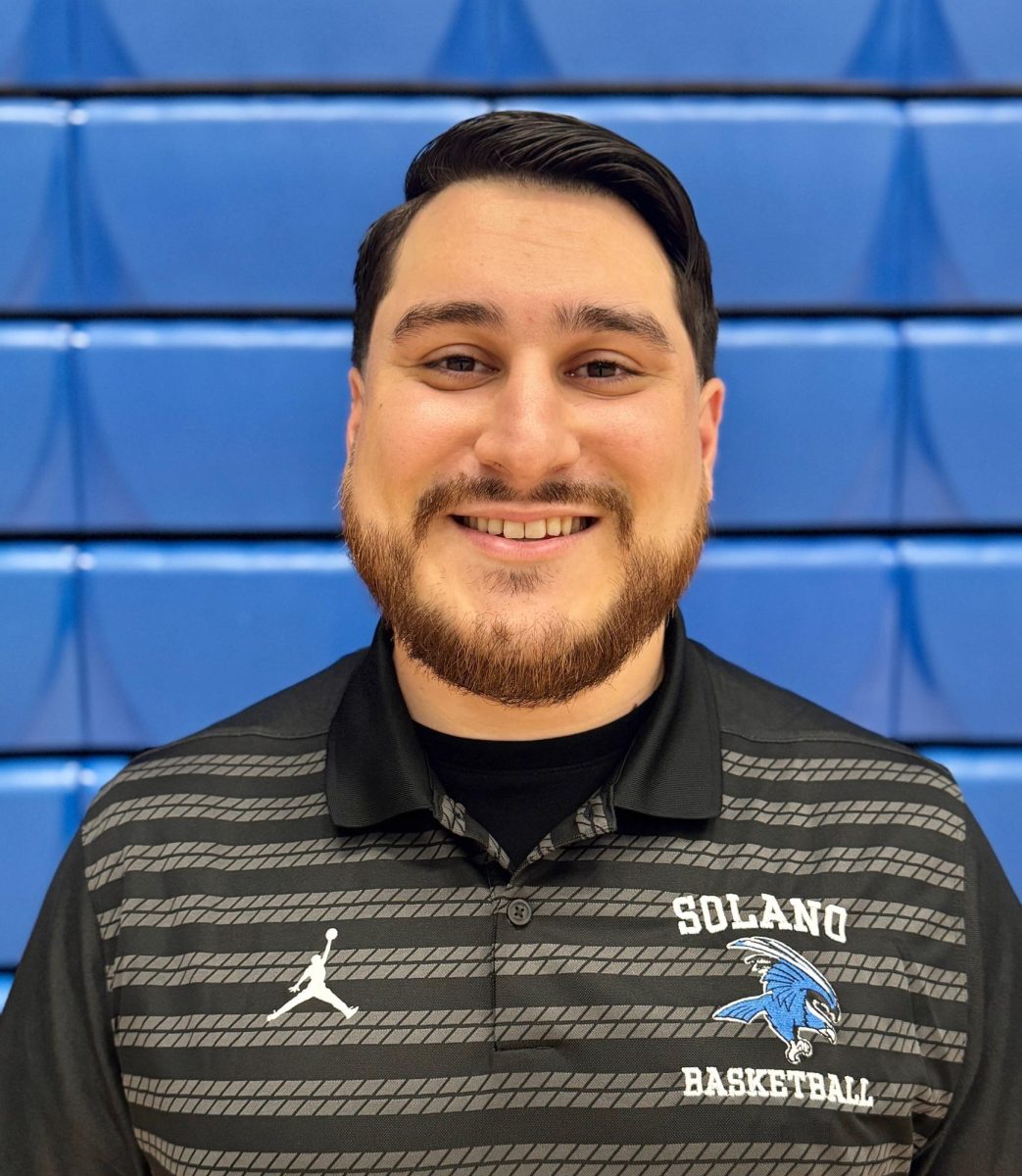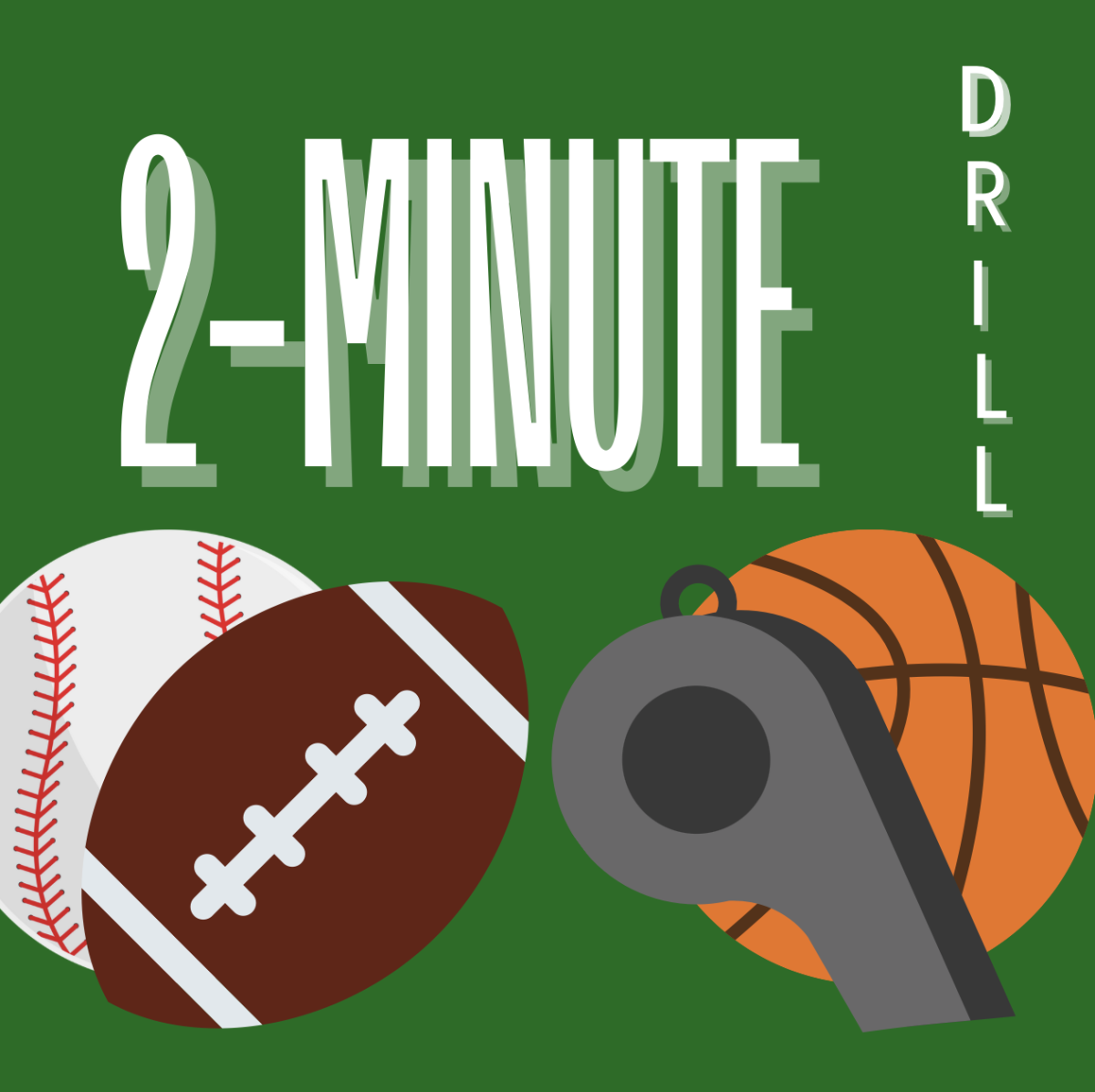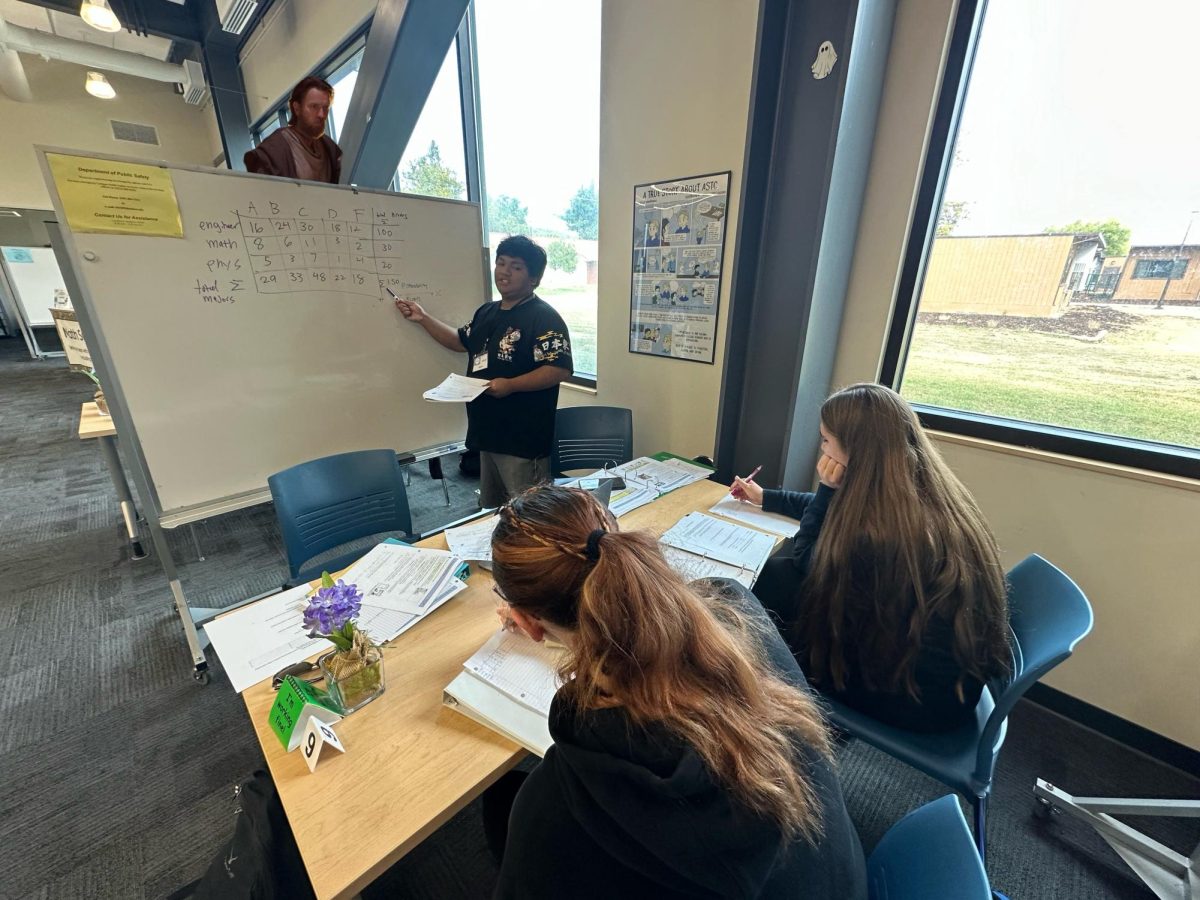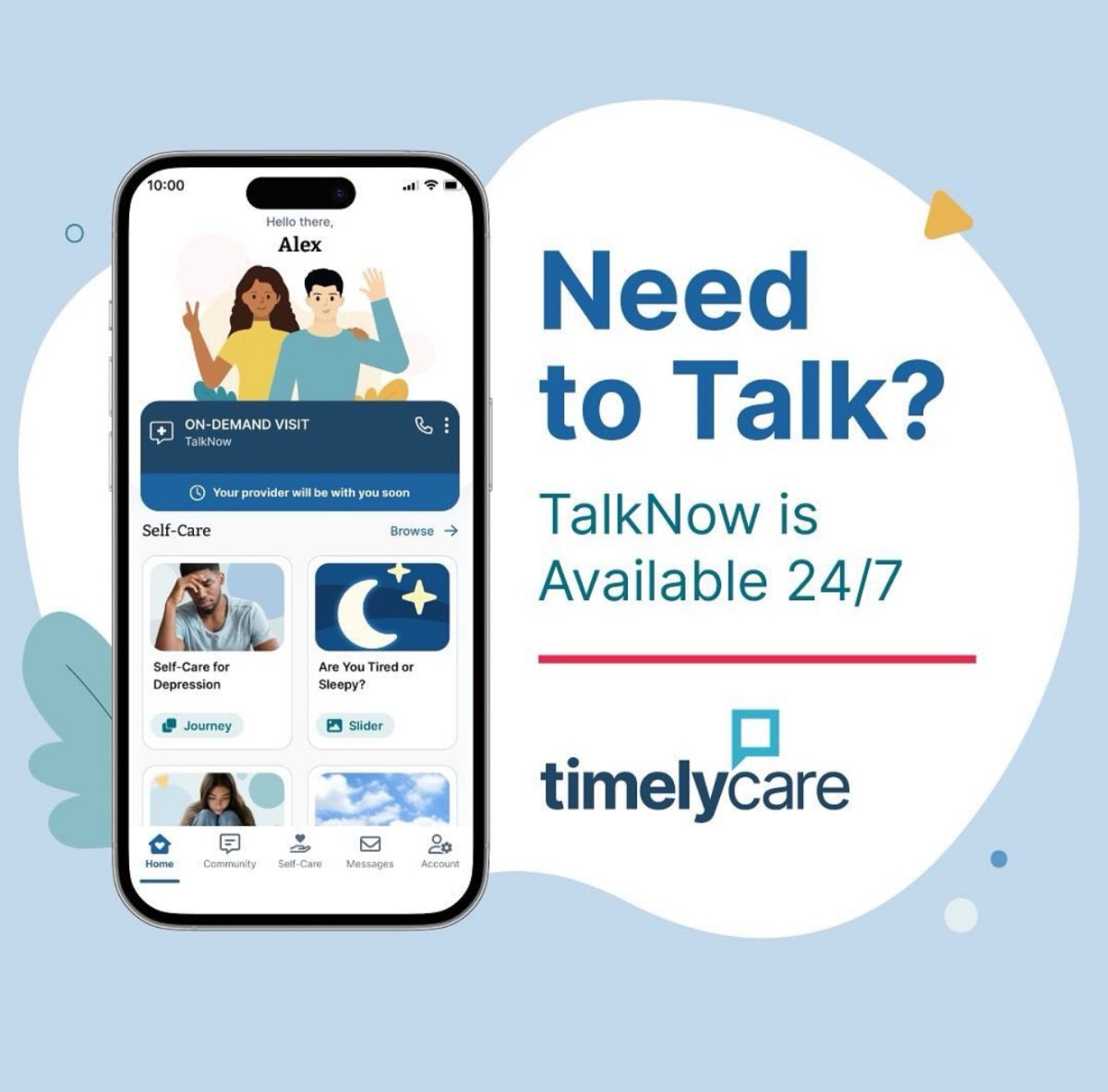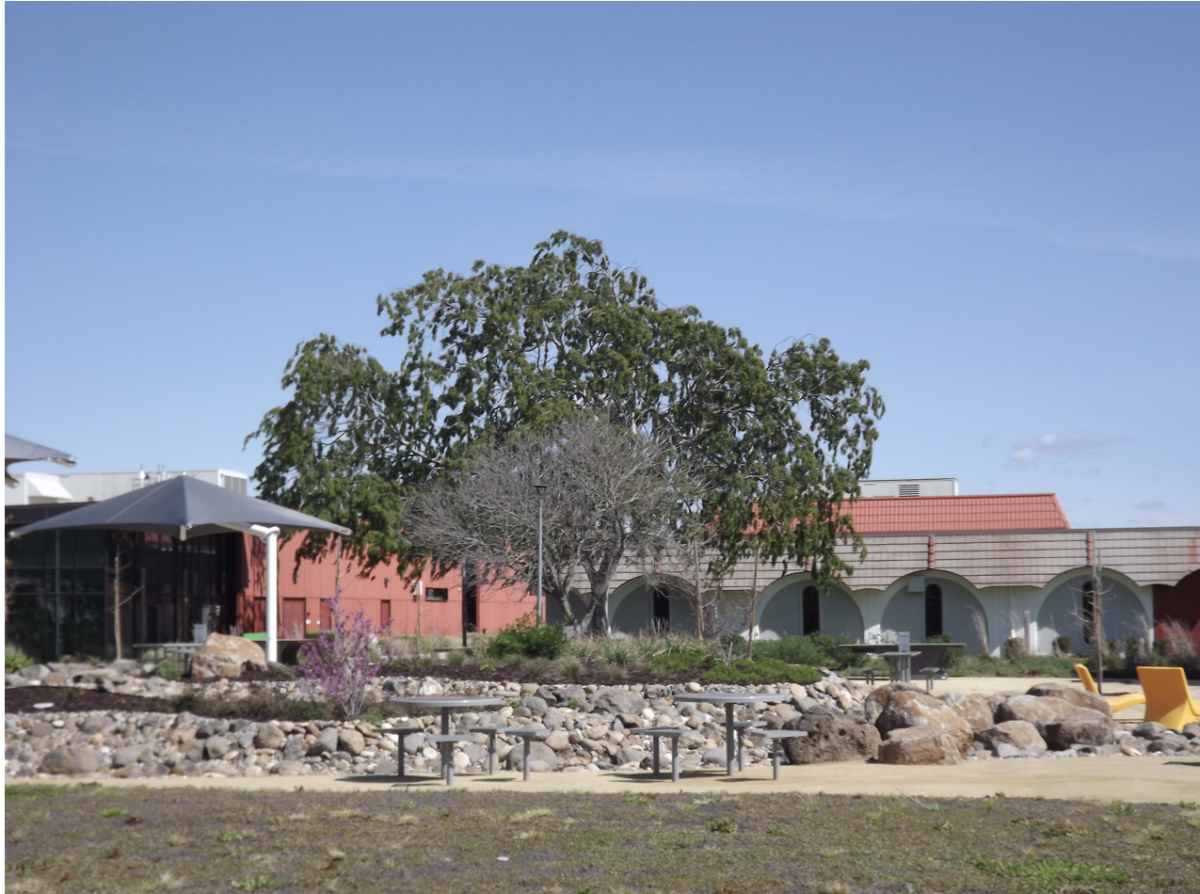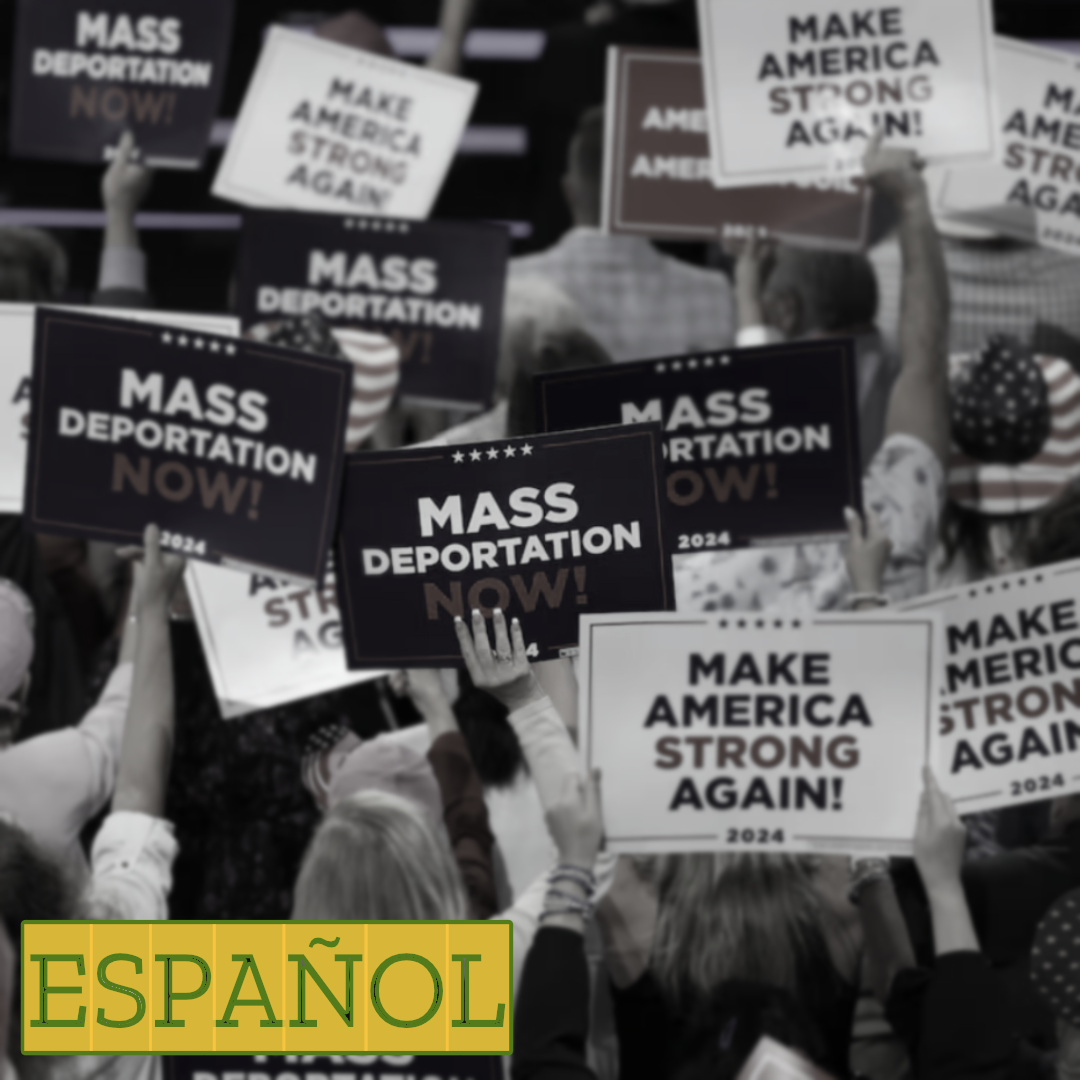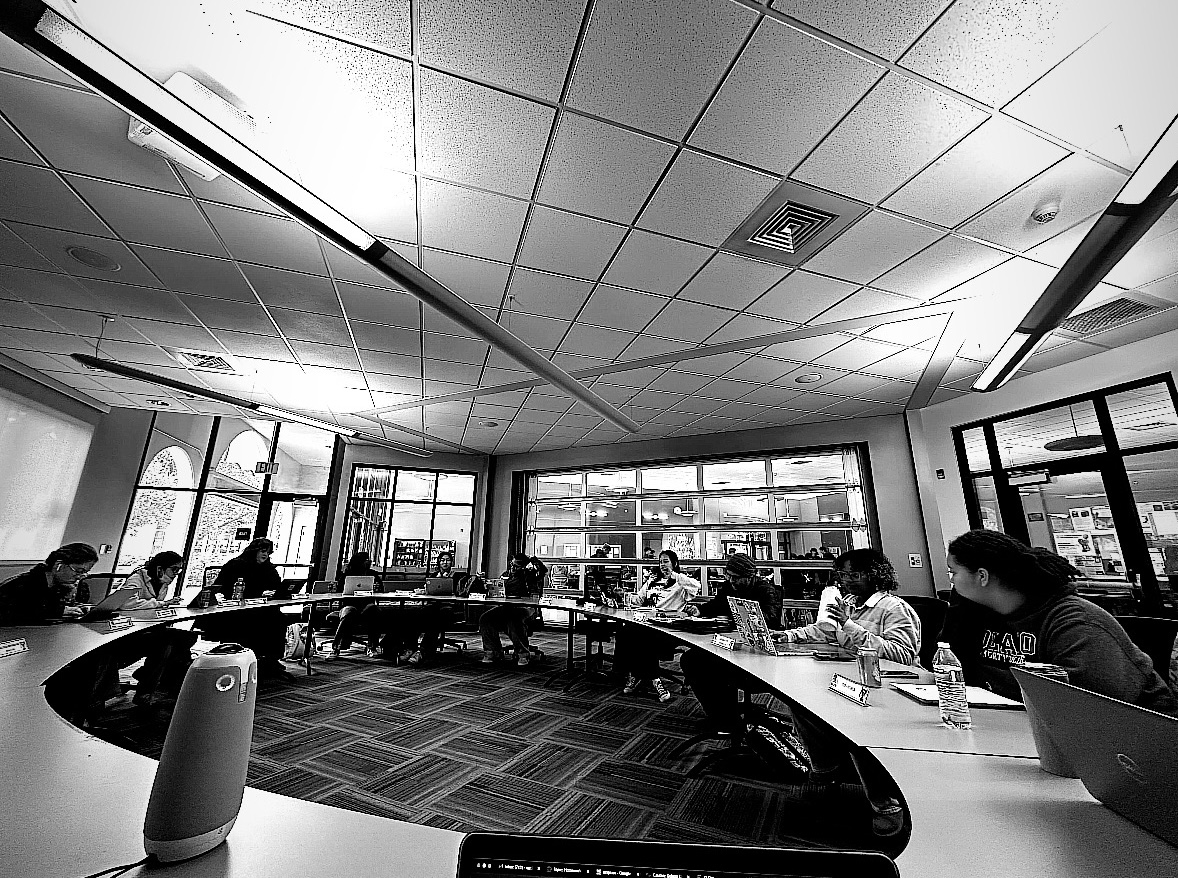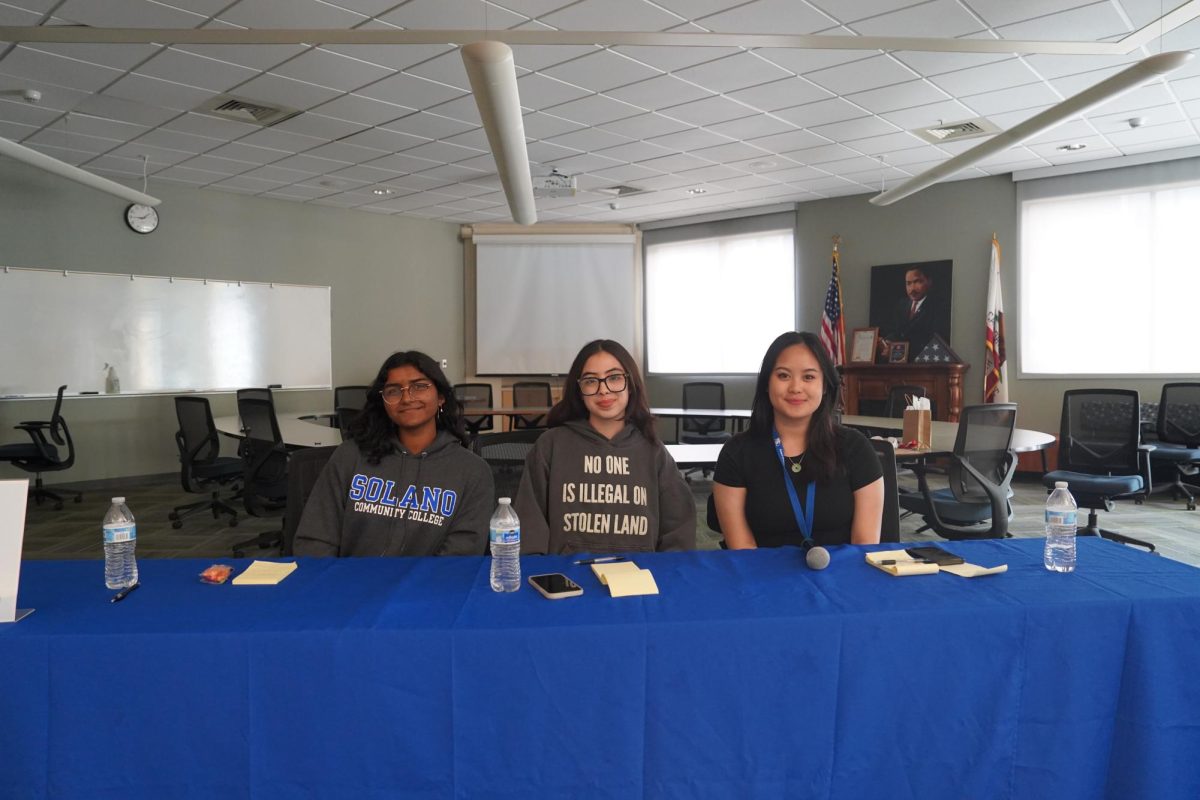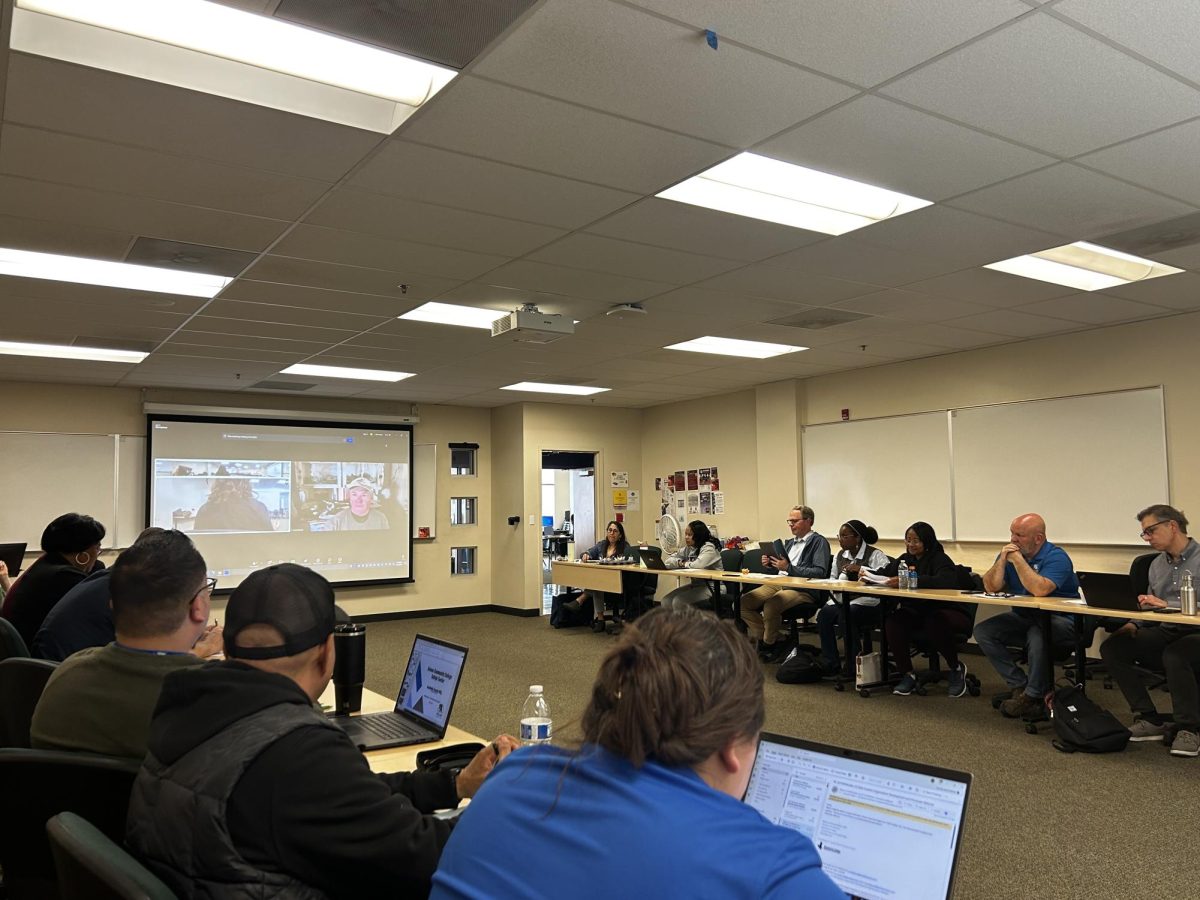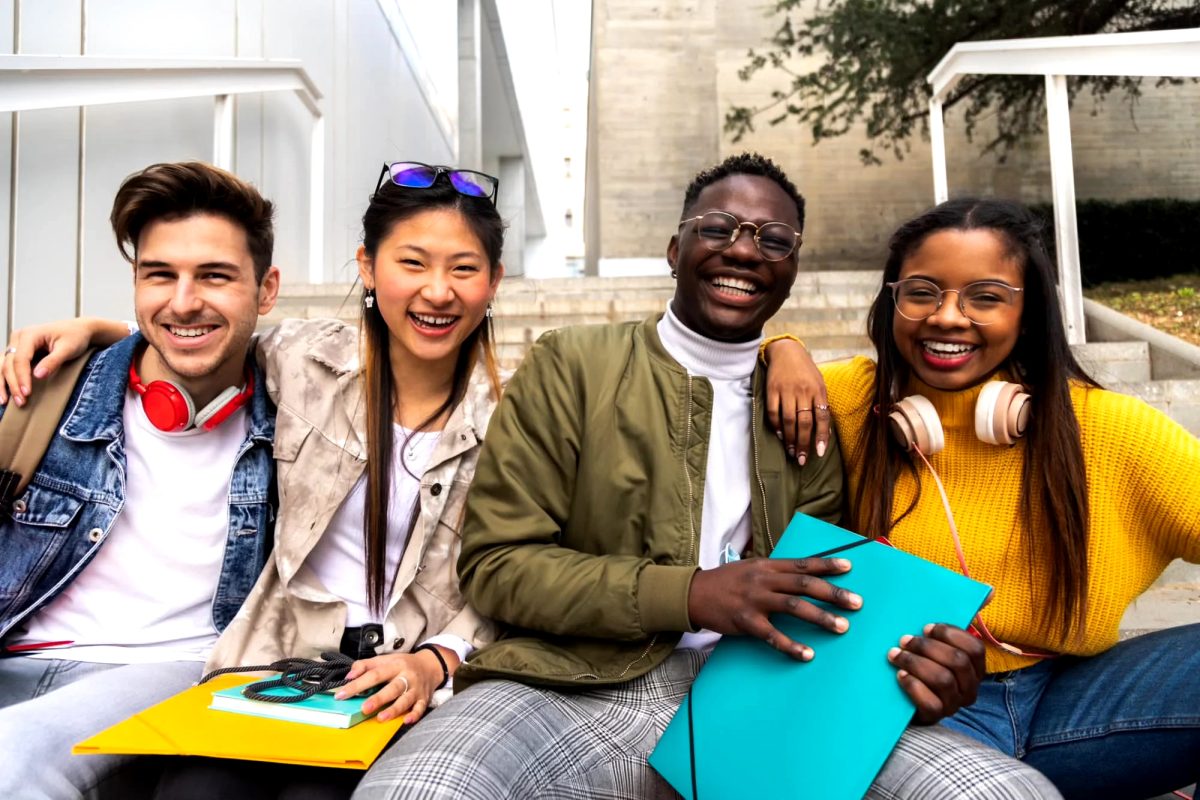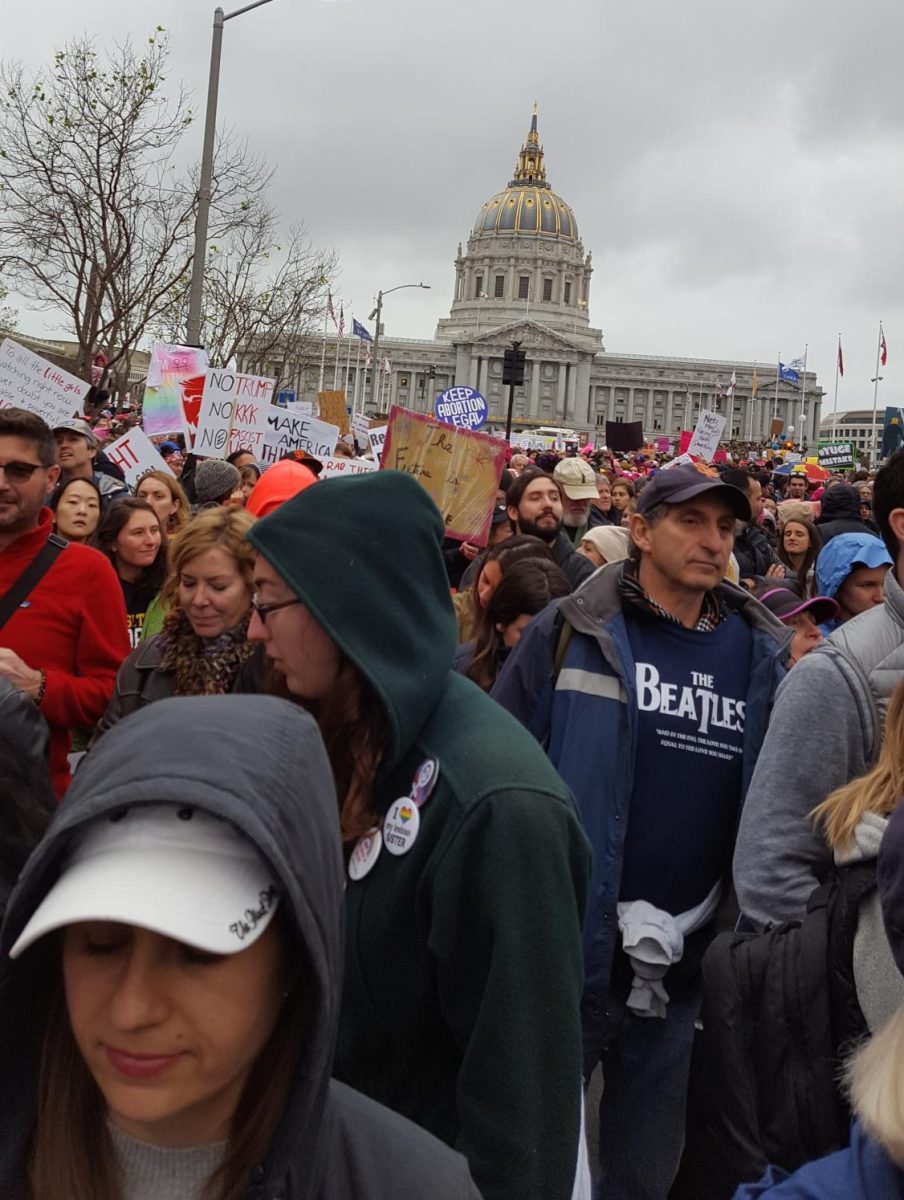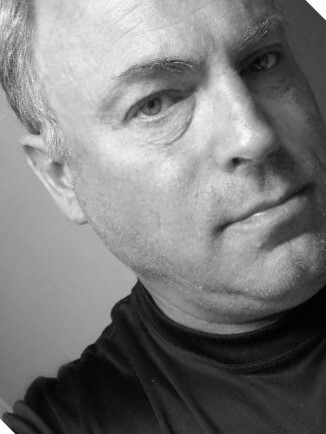The March 8th arrest of the Palestinian activist Mahmoud Khalil by the Trump Administration after participating in a peaceful protest held at Columbia University brings everything we know about freedom of speech and the right to peacefully protest to a certain relief.
The First Amendment of the United States Constitution protects free speech and the press, and the right to peacefully assemble in protest. There are differing opinions whether Khalil has the right to make his opinions known.
According to Marlene Lenthang and Chloe Atkins, from the NBC News website stated the Department of Homeland Security(DHS) in a March 17th document, that Mr. Khalil, a lawful permanent resident of the United States, was detained after his protest because he did not disclose important information when he applied for permanent status in November 2024.
The information from Homeland Security states that Khalil omitted that he was a political officer of the United States Nations Relief and Works Agency for Palestine Refugees(UNRWA) and that he also failed to disclose his employment as a program manager by the Syria Office in the British Embassy in Beirut.
Lenthang and Atkins also wrote that it is not immediately clear if or when Khalil stopped working at the embassy. As of this writing, these matters are being argued in federal court while Khalil is being detained, possibly unlawfully, at an ICE facility in Jena, Louisiana.
Lenthang and Atkins also reported that Secretary of State Marco Rubio said that the United States does have the authority to deport someone if it is determined that person “would have serious adverse foreign policy consequences for the United States.”
So, does Khalil ‘s protest truly qualify as a breach of the First Amendment, as his protest was relatively peaceful, based on a personal disagreement with American support for Israel, and it would be difficult to prove that it resulted in an “adverse consequence” for the U.S.
Were Khalil’s alleged actions enough to be held without actually being charged with any crime? Where was his due process as promised to a lawful citizen by the Constitution? Was Khalil targeted by the DHS for supporting through free speech the Palestinian cause?
These are questions that will hopefully be answered in the near future.
The one question remains is if what happened to Khalil at Columbia University could happen here on the Solano Community College campus?
The answer to that particular question is yes, and this article will review the steps to take to protect oneself against any unlawful arrest or detainment.
First, a review of Solano Community College’s policies regarding protests that take place on any of its campuses is warranted. It is Solano’s policy that all students, employees, and members of the public shall be permitted to exercise their rights of free expression, subject to time, place, and manner policies contained within the Solano Community College Student Services Procedures. Those procedures, which have not been updated since 2012, can be found on the college’s website.
While free speech is encouraged, according to the Student Services Procedures, illegal actions will not be tolerated. It also states that the areas available for “Hyde Park” free speech presentations are the rotunda/quad and the lobby of the Solano Student Union. These areas are available five days a week from 9AM to 5PM unless otherwise reserved.
The term “Hyde Park”, spelled out in the procedures, is a nickname that refers to an area called Speaker’s Corner which lies in the north-east corner of Hyde Park located near London, England’s Marble Arch tube station. It is believed to be the oldest living free speech platform in the world. It has been the traditional place for rallies, speeches, marches, and protests in London for at least two centuries.
Solano’s Student Services Procedures also states any free speech events must be scheduled in advance with the office of Student development. It goes on to say that no amplification should be used that could possibly create a disruption for any students or staff that are not participating in the event.
It would be hard pressed, though, for any event participants to not be able to use a microphone in such a large, open space such as the rotunda or even the large lobby of the Student Union. It would be one of the many concessions that any free speech participants would have to deal with due to the use of such open and public spaces.
If by chance there is a police presence at any event and arrests do start to happen at the Solano campus, it is important for event participants to pay attention to their surroundings, avoid breaking the law and be respectful. It is also important to carry a valid I.D., a fully-charged phone, and even cash.
Additionally, you should use any PPE (personal protective equipment) that you feel is necessary for your safety, especially if the police have a plan for kettling the crowd. Kettling is the confinement by police of a group of demonstrators or protestors into a small area as a method of crowd control.
If things do get out of hand, it is also important for participants to write any important phone or contact numbers on their arms in case they are not able, for any reason, to respond to the authorities.
What has been discussed in this article are very extreme cases, and Solano Community College has to this date been a relatively peaceful campus. There have been no real student protests in recent memory, and no future events are anticipated.
These tips on what to do would also apply to any free speech events that could happen beyond the Solano campus. However, the world outside of the campus is changing, and it is changing fast, so all students and staff must be prepared to deal with anything that should happen.

